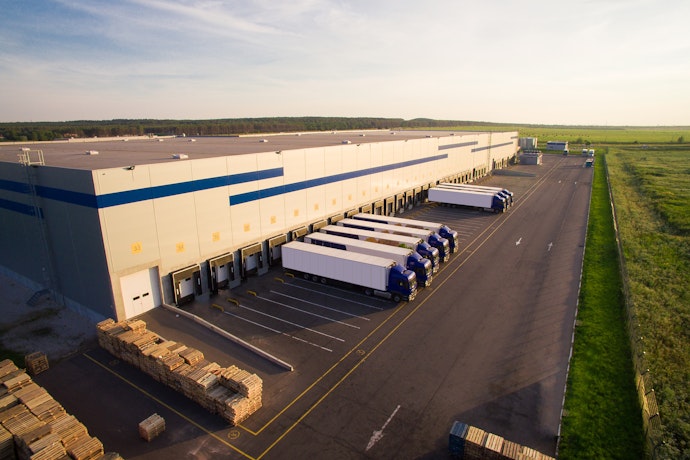How smart video fuels smart business
Learn how innovations in video powered by AI and machine learning are helping to reshape safety and efficiency for businesses.
Read more
The new age of business management requires that employees at every level of business use some sort of technology. From dispatcher to driver, from supply chain technology helps managers and owners track where their trucks and drivers are, the status of a job, driving behavior and maintenance histories. With regulatory requirements ever increasing and changing and clients demanding more transparency, technology can help businesses by putting in place systems that do the calculating and monitoring for them.
Fleet management software is playing a critical role in the key goals of streamlining operations and optimizing productivity.
In supply chain and logistics, especially, technology is transforming operations as businesses are looking for ways to keep themselves sustainable and profitable. From tracking location and monitoring temperature to dashcams, these companies are leading the way in meeting the growing needs of an increasingly savvy and demanding customer base.
With the rise of 2-day, 1-day, and even same-day delivery, consumers are growing increasingly accustomed to knowing where their goods are now and when they will arrive at their doorstep. Accomplishing this requires optimization at every step of the process. Businesses operating within the supply chain and logistics industry have a great deal of work to do if they are not already enabled to provide this level of service. In fact, every aspect of business is affected by this degree of visibility and accountability.
But increasing demands don’t have to mean skyrocketing expenses and headaches for business owners and managers. The good news is that it’s not just one area that’s shifting in this new technology-driven direction. Every part of the chain is in motion, part of the evolution, so trucking companies aren’t responsible for making the change on their own.
It does mean, however, that fleets must be ready for the evolution with effective technology in place and employees who are comfortable using it.
A recent Food Logistics webinar, Software and Technology I discussed how software and technology is affecting every part of the global food supply chain. Watch the conversation with J.P. Wiggins, Co-Founder & Vice President of Logistics at 3GTMS, and Jemel Derbali, COO and Co-Founder at Wise Systems, as they talk about how this evolution is preparing the industry to support an increasingly complex supply chains, omnichannel grocery, regulatory compliance and recall events, and more.
Many companies are meeting the rising pressures of consumer demand by looking to private fleets to support their operations. Transport Topics hosted a webinar, Orchestrating the Supply Chain, to discuss how private fleets are changing the competitive landscape. Watch the replay of the conversation between a sought-after business expert who once helmed Walmart's transportation unit, a forward-thinking head of a major private carrier and a detention expert.
Technology can enhance your business operations and prepare you for the changing landscape at every point in the supply chain. Prepare for the connected future and gain insight into your business now with fleet management technology.
Tags: Cost control, Data & Analytics, Dispatching & Scheduling, Productivity & Efficiency, Revenue & ROI, Team Management




Find out how our platform gives you the visibility you need to get more done.
Learn how innovations in video powered by AI and machine learning are helping to reshape safety and efficiency for businesses.
Read moreAre you ready for vehicle tracking? Go through our checklist to learn the signs you’re ready to add fleet tracking to...
Read moreLearn how AI, machine learning, and predictive analytics is improving fleet accurating and cutting costs.
Read moreLearn how telematics can lead to operational improvements.
Read more